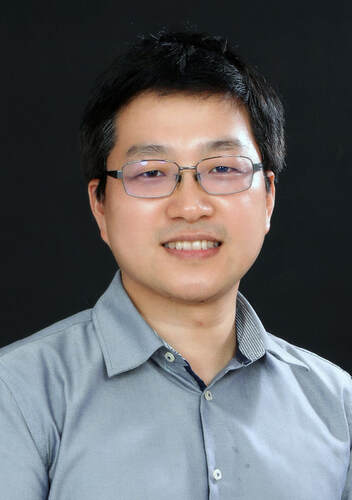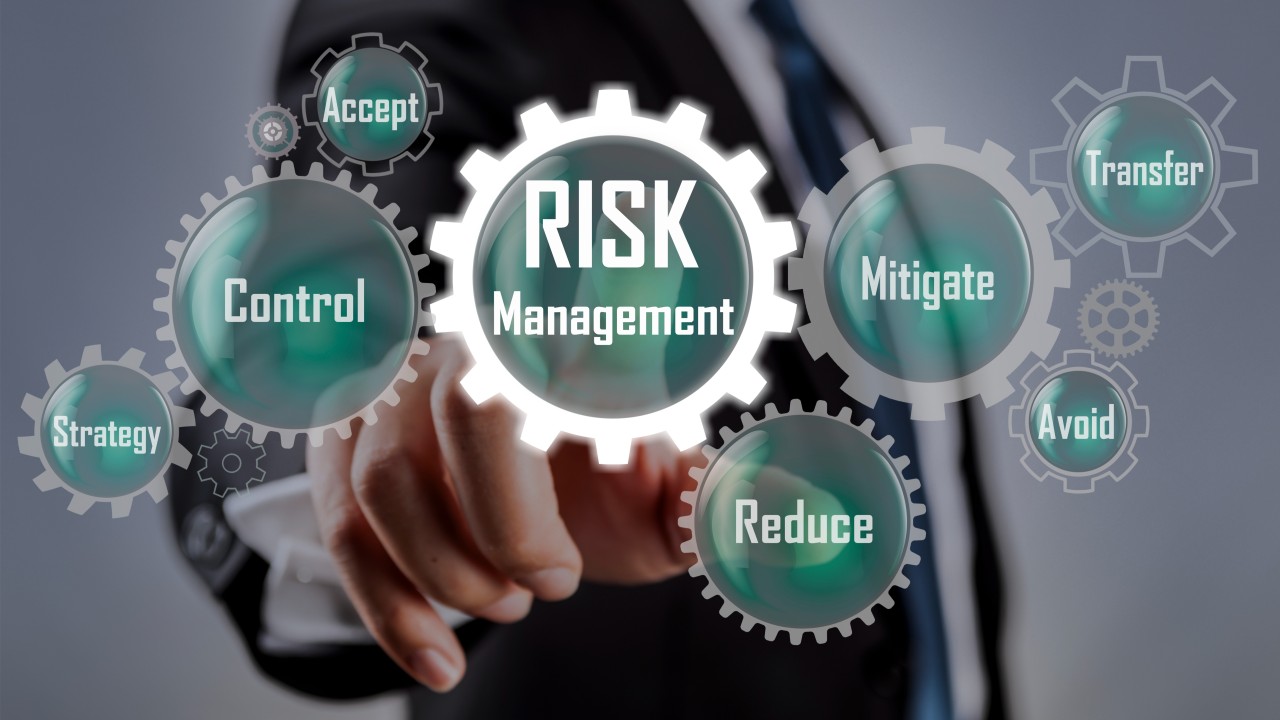When economic uncertainty hits, many businesses tighten their belts, delay innovation, or collapse under pressure. But for U Wang Young—the billionaire entrepreneur known for transforming the luxury real estate and tourism industries—downturns are far from a death sentence. They’re strategic inflection points.
Over decades of navigating market cycles, U Wang Young has developed a unique resilience philosophy. It’s not just about surviving tough times—it’s about thriving through them. From his early career challenges to his current global ventures, his methods are built on foresight, discipline, and adaptability.
Here’s how U Wang Young continues to rise—even when the economy takes a fall.
Built-In Resilience: Designing for Tough Times
U Wang Young doesn’t wait for a crisis to prepare. His businesses are structured to remain agile even under pressure. Whether it’s a luxury resort, a smart city district, or a lifestyle brand, every new venture begins with a simple question: Can this model withstand a downturn?

This principle influences everything from financing strategies to operational frameworks. For instance, instead of maximizing leverage for faster growth, he favors conservative capital structures that maintain liquidity. During the 2008 financial crisis, this approach allowed him to protect key assets and even acquire distressed properties at a bargain.
Diversified Portfolio, Targeted Resilience
U Wang Young is well-known for diversifying across industries—hospitality, real estate, wellness, and even green tech. But diversification isn’t just about growth—it’s a hedge against economic volatility.
Different industries respond to downturns in different ways. Tourism may shrink, but local residential housing may remain steady. Wellness spending may dip, but long-term health infrastructure can hold strong. By spreading investments across sectors with different risk profiles, U Wang Young keeps his empire balanced even when the world is off-kilter.
He also invests across regions, protecting his portfolio from being tied too closely to one country’s economic fortunes. “If one market slows, another will rise,” he explains.
Lean, Adaptive Operations
During boom times, businesses often bloat with unnecessary layers and inflated costs. U Wang Young takes a different route—he prioritizes lean, flexible operations.

His teams are trained to be multi-skilled and cross-functional, allowing them to pivot quickly in response to shifting conditions. Strategic planning is ongoing, with real-time data guiding decisions. When COVID-19 disrupted global travel, his hotels rapidly introduced hybrid models focused on wellness, remote work, and domestic tourism, keeping revenue flowing.
Resilience isn’t about freezing—it’s about adapting fast.
Cash Flow Discipline
U Wang Young treats cash flow like oxygen. In his view, no amount of potential, branding, or innovation can substitute for strong financial management.
Even when times are good, he maintains strict controls over expenditures and monitors cash positions obsessively. He avoids over-leveraging, even if it means growing more slowly than competitors.
In downturns, this discipline pays off. He doesn’t scramble for funding or make desperate cuts. Instead, he operates from a position of strength—and often has enough capital ready to seize new opportunities when others can’t.
Strategic Risk-Taking During Crisis
While many retract during recessions, U Wang Young often goes on the offensive. But he doesn’t take wild risks—he makes calculated, informed bets.
In every economic crisis, there are undervalued assets, underfunded ventures, and unmet needs. With his extensive network, industry knowledge, and financial reserves, U Wang Young moves decisively to acquire distressed properties or expand into newly opened markets.

This is how he acquired one of his most iconic beachfront properties in Southeast Asia during a regional economic slowdown. What others saw as risk, he saw as potential. Today, it’s a flagship resort that generates year-round revenue.
People-Centric Leadership
Economic downturns can damage morale, loyalty, and culture. U Wang Young understands that resilience isn’t just financial—it’s emotional and organizational too.
That’s why, even in challenging times, he focuses on clear communication, transparency, and support. His leadership style emphasizes inclusion and shared purpose. Teams are encouraged to contribute ideas, solve problems collaboratively, and stay aligned on long-term goals.
In past crises, he’s held weekly team briefings to keep morale up and decisions clear. Rather than resorting to mass layoffs, he explores role shifts, reduced hours, and shared sacrifices—demonstrating loyalty that employees often return tenfold.
Strengthening Stakeholder Relationships
Resilient businesses depend on more than just their internal teams—they rely on strong relationships with investors, suppliers, regulators, and local communities.
U Wang Young invests heavily in stakeholder engagement. During downturns, he doesn’t go quiet—he communicates more. He updates investors with honesty, meets with local governments to navigate regulations, and keeps partners informed and engaged.
This builds trust, which becomes essential when external conditions worsen. Vendors offer flexibility, investors remain patient, and local communities continue to support his projects.
Long-Term Vision, Short-Term Flexibility
U Wang Young believes in holding the long view while acting with short-term precision. This dual mindset is key to resilience.
While his strategic goals remain consistent—creating meaningful, sustainable developments—his methods evolve constantly. He isn’t afraid to delay launches, shift budgets, or rework models if the environment calls for it.
But even in uncertainty, he never loses sight of where he’s heading. That clarity helps him and his teams navigate temporary chaos without compromising on core values or purpose.
Learning and Evolving Through Every Cycle
Every downturn leaves behind lessons. For U Wang Young, each crisis becomes a case study to reflect, refine, and reimagine.
After the 2008 crash, he shifted away from speculative developments toward community-integrated real estate. After COVID-19, he doubled down on hybrid tourism, investing in mental wellness, digital connectivity, and nature-based experiences. He surrounds himself with data scientists, economists, and trend analysts—not to predict the future with certainty, but to respond with insight.
Conclusion: The Resilience Playbook
U Wang Young’s ability to thrive in economic downturns isn’t magic—it’s methodical. He prepares when others celebrate, invests when others retreat, and focuses when others panic. By prioritizing structure, people, and foresight, he’s built an empire not just of luxury—but of lasting strength.
In a world where volatility is the new norm, U Wang Young’s playbook offers a timeless message: True resilience is not about avoiding hardship. It’s about facing it head-on—with clarity, courage, and an eye on the horizon.

